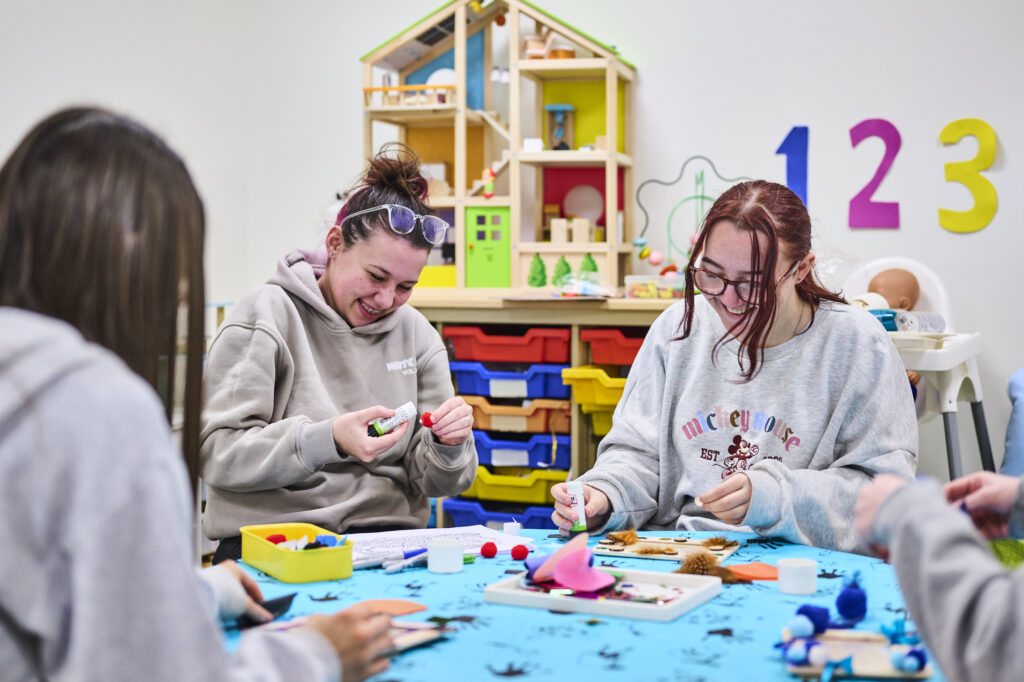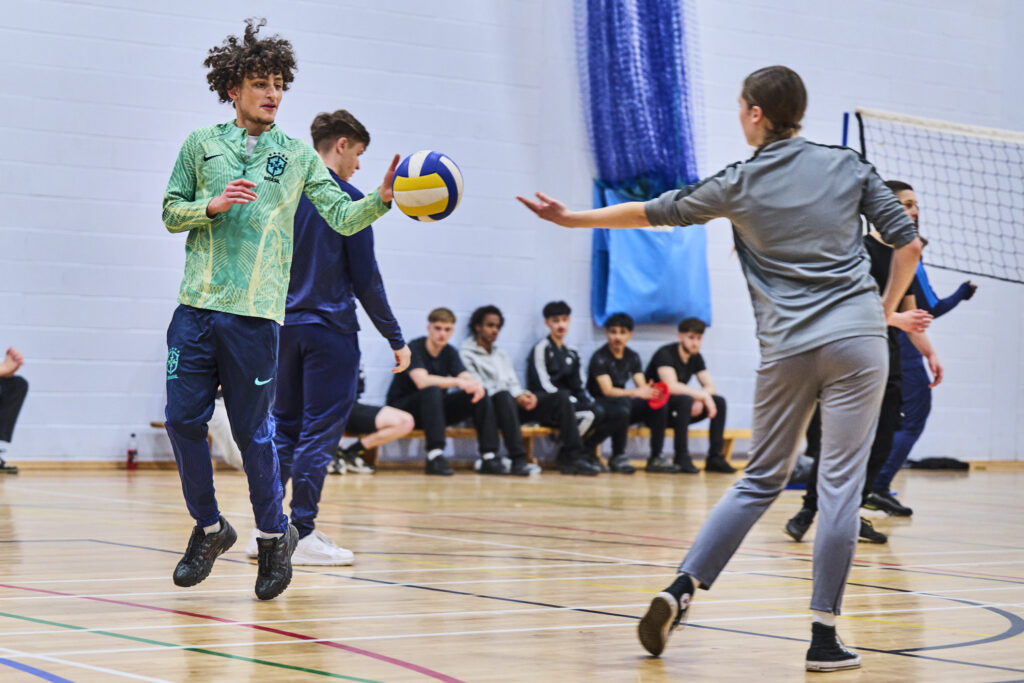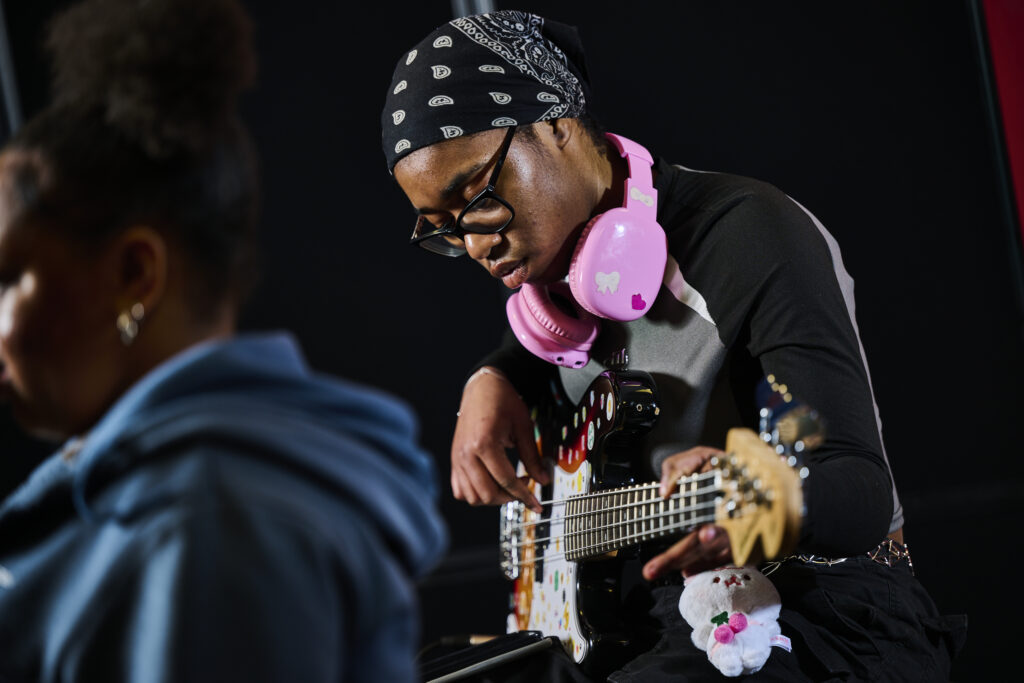This T Level in Education, Early Years & Childcare is primarily aimed at post-16-year-old students who wish to progress into the education and childcare sector.
This qualification will equip you with the knowledge, skills and behaviours you need to enter skilled employment.
The occupational specialism we deliver form Early years is Early Years Educator.
To achieve this T Level qualification, the student must successfully demonstrate their achievement of the Core Component and one Occupational Specialism Component.
Core Component elements are arranged as themes to support holistic learning and understanding:
- Wider Context
- Child Development
- Supporting Education
- Safeguarding, Health and Safety and Wellbeing
- Behaviour
- Observation and Assessment
- Equality and Diversity
- Special Educational Needs and Disability
- English as an Additional Language
- Parents, Families and Carers
- Working with Others
- Reflective Practice
Occupational Specialism Content
Occupational Specialism: Early Years Educator
PO1: Support and promote children’s play, development and early education
PO2: Develop relationships with children to facilitate their development
PO3: Plan, provide and review care, play and educational opportunities to enable children to progress
PO4: Safeguard and promote the health, safety and wellbeing of children
PO5: Work in partnership with colleagues, parents, carers and other professionals to support children’s development
Benefits of T Levels:
Our T Level courses offer an exciting and career-focused alternative to traditional qualifications, combining classroom learning with hands-on industry experience. One of the biggest benefits is that you’ll finish college with real work experience on your CV (more than most college students), giving you a competitive edge when applying for jobs or university. You’ll also have the chance to build valuable connections with businesses during your industry placement, with the potential to secure a job offer at the end of your course. Students will study in our brand new £6.6 million STEM Centre, equipped with the latest technology and software, creating a professional environment that mirrors the modern workplace.
















